BS”D
Sukkah 35b- Purim
2nd Adar 12, 5782. March 15, 2022
1- Continued the topic of the need for the Esrog to be edible. היתר אכילה.

2- Our Gemara states that to be יוצא the מצוה of Matzah it needs to be לכם. Meaning that it needs to belong to the eater.
We discussed the issue of eating the Pesach סדר as a guest and the the host gives you his Matzah. Does it belong to you at the time of eating it?
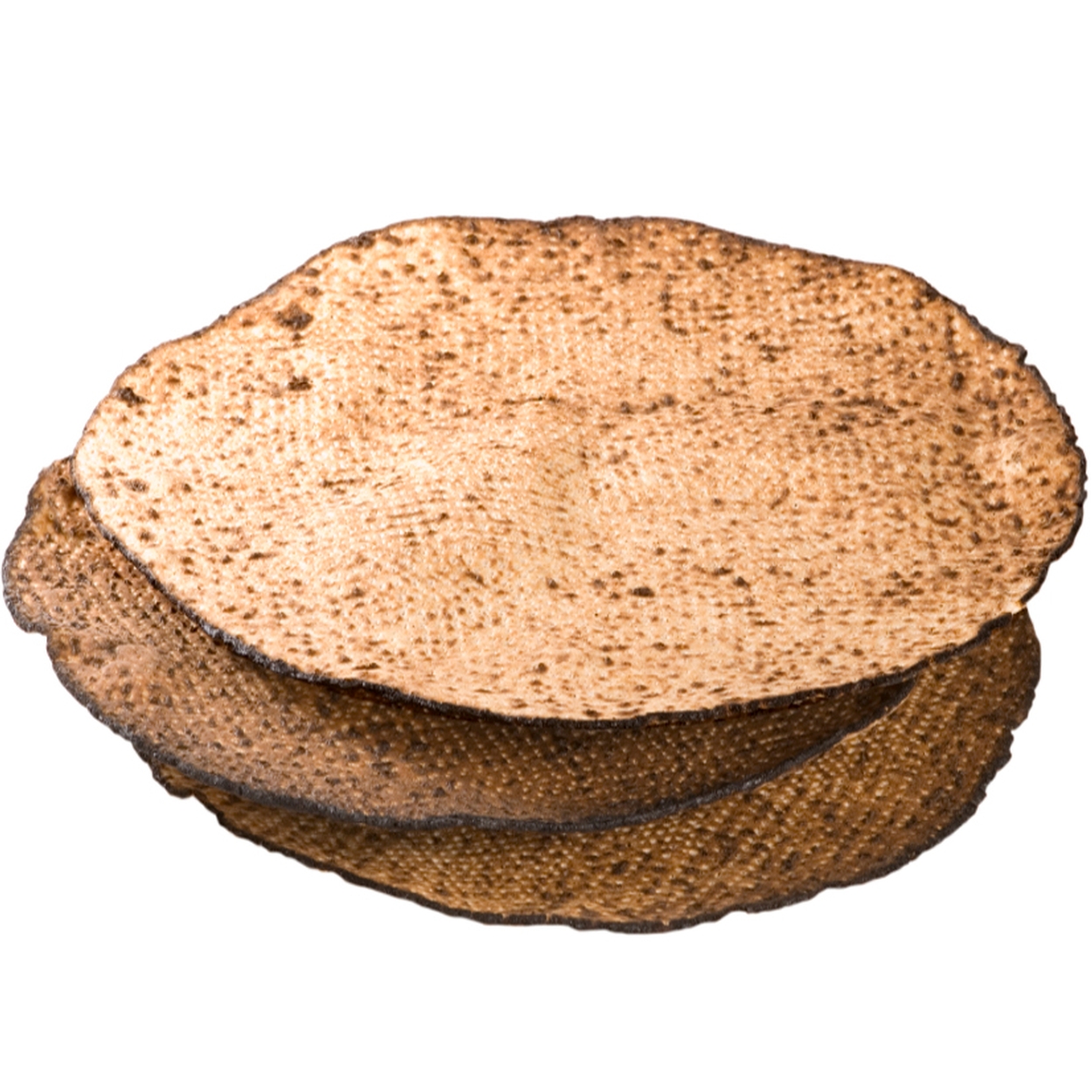
It’s a big topic as to ownership of food given to a guest.
We began with the רמ”א (EE 28, 17) who writes that ‘if a guest uses his portion of food to be מקדש a woman she is מקודשת’! The Shulchan Aruch disagrees. See Taz there and many others.
הנכנס לבית חבירו ולקח לו כלי או אוכל וכיוצא בהם וקידש בו אשה, ובא בעל הבית אע”פ שאמר לו למה לא נתת לה דבר זה שהוא טוב ממה שנתת לה אינה מקודשת. שלא אמר לו דבר זה אלא כדי שלא להתבייש עמו, והואיל וקידש בממון חבירו שלא מדעת חבירו הרי זה גזל ואינה מקודשת, ואם קדשה בדבר שאין בעל הבית מקפיד עליו כגון תמרה או אגוז ה”ז מקודשת מספק:
הגה אורח שיושב אצל ב”ה ונוטל חלקו וקידש בו הוי מקודשת (הגהות אלפסי):
One who enters his fellow’s house and takes a dish, a piece of food or something like this and uses it to betroth a woman, and then the homeowner comes, even if he says to him: Why didn’t you give her this thing that is better than the thing you gave her, she is not betrothed, for he said this only so that the other wouldn’t be embarrassed. And since he betrothed her using his friend’s property without his friend’s acknowledgment, behold he has stolen and she is not betrothed. But if he betrothed her with something that the homeowner doesn’t really care about, like a date or a nut, behold she is doubtfully betrothed. Hagah: A guest who is sitting with a homeowner [dining], and he takes his portion [of food] and uses it to betroth [her], behold she is betrothed [Hagahot Alfasi].
We mentioned the tragic story in Chulin 94a (below) that seems to show that a guest’s food is not considered theirs.
In Shulchan Aruch OC 170,19, it says that a guest should not offer the food to his host children lest it may embarrass the host.
אורחים הנכנסין אצל בעל הבית אינם רשאים ליטול מלפניהם וליתן לבנו או לעבדו של בעל הבית אלא אם כן נטלו רשות מבעל הבית:
Does this imply that the guest’s food does not belong to the guest?

3 – The Gemara discusses using an Esrog of דמאי which is one that we are unsure if מעשר was given. Obviously, we are talking about a case where there is no option of giving מעשר on it now. Such as if one only has this Esog and no other produce.
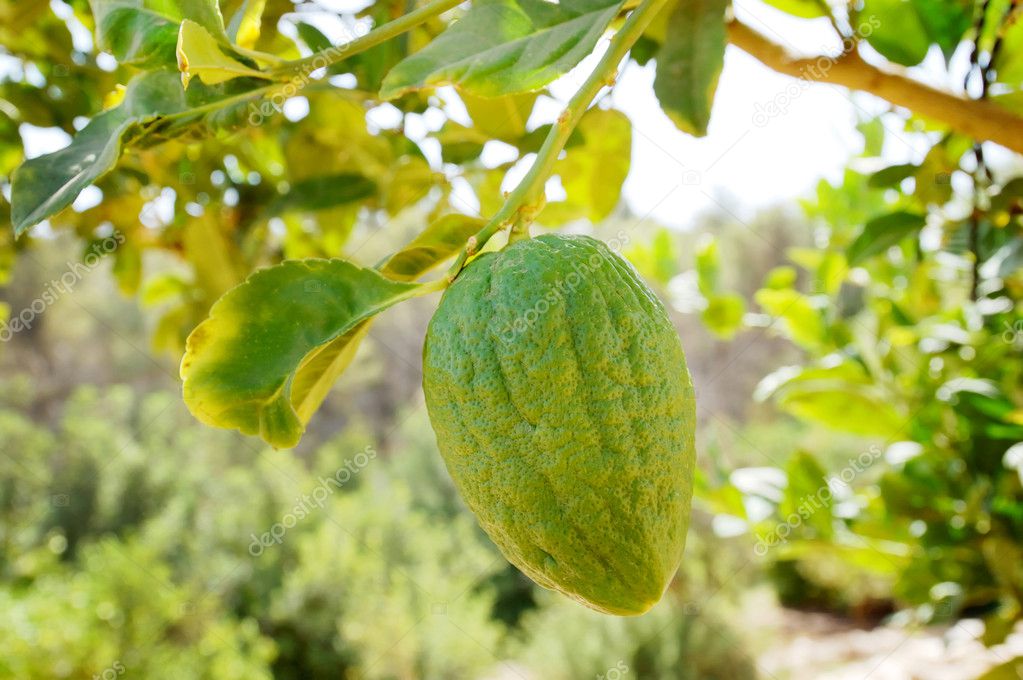
The rule of the דמאי is that under certain circumstances we are lenient and allow the use and eating of דמאי. For example – a poor person. The חכמים allowed him to eat דמאי produce without the need to give מעשר on it.
The Gemara says that בית הלל allows everyone, poor or wealthy, the use of an Esrog from דמאי.

Their reason is that one can in theory be מפקיר all his assets and immediately turn c”v into a ‘poor person’ allowing him to eat דמאי.
4- We spoke about this concept and wondered if a person does actually do such a הפקר. He then would need to re-acquire all his assets for them to belong to him. So far so good.

But what about the debts owed to him? Once he is מפקיר everything, it also includes his debts, and no one owes him anything. His loans become null. How does he re-acquire them?
Good question.
5- For Purim we related a cute מגילה idea from Reb Yisroel Zilberstein who comes up with brilliant ideas.
We prefaced it with discussing the spelling of Jewish names. Generally, לשון קודש names end with the letter ה. Like נחמה, אהבה, גילה.
Names that are not in לשון הקודש end with the letter א. Like ביילא, זושא, שיינא.

Sheina Horenstein
6- Speaking of שיינא, we related the tragic story of שיינא the daughter of the פריערדיקער רבי, and her husband, who were killed in Treblinka in 1942. Although it was obvious that שיינא didn’t survive the war, nothing about her was printed during the life of the previous רבי. It was only in 1951 that the Rebbe (who regularly recited קדיש for her on the second day ראש השנה) dedicated a קונטרס מאמרים in her memory. See here.
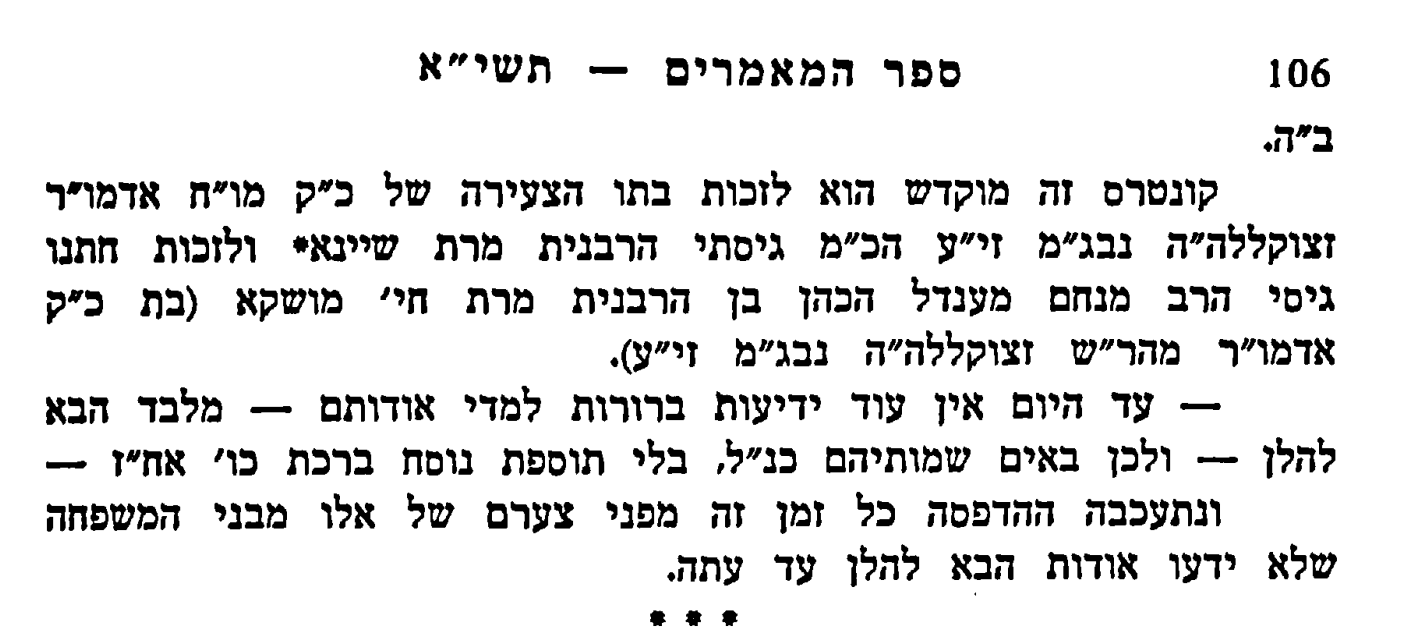
The Rebbe added the information of an eye witness that was in Treblinka with שיינא and her husband Reb Menachem Mendel Horenstein. See link above for the entire story.
In a footnote the Rebbe writes that his father in law used to spell her name שיינא with two יודין.

[In passing we mentioned that שיינא and her husband lived in Paris in the late 30’s. They rented an apartment in the same building as that of the Rebbe.
A famous ‘historian’ claimed that the Rebbe was living in Paris under an assumed name – Menachem Mendel Horonstein!
His error was caused by the city records showing such a person living at the same apartment building where the Rebbe lived at that time]
7- Back to the מגילה.
The name of חרבונא appears twice in the מגילה. The first time (1,9) as one the servants sent by אחשוורוש to bring ושתי to his party.
י בַּיּוֹם, הַשְּׁבִיעִי, כְּטוֹב לֵב-הַמֶּלֶךְ, בַּיָּיִן–אָמַר לִמְהוּמָן בִּזְּתָא חַרְבוֹנָא בִּגְתָא וַאֲבַגְתָא, זֵתַר וְכַרְכַּס, שִׁבְעַת הַסָּרִיסִים, הַמְשָׁרְתִים אֶת-פְּנֵי הַמֶּלֶךְ אֲחַשְׁוֵרוֹשׁ.
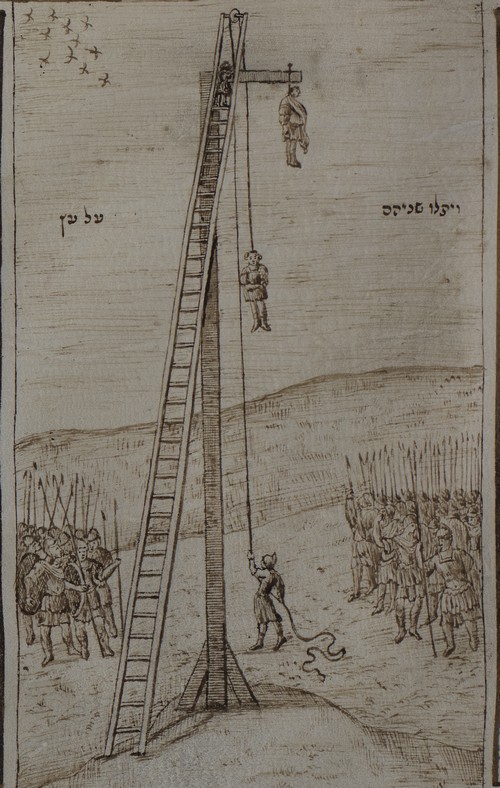
The second time חרבונא appears (7, 9) is when אחשוורוש is told by Ester that המן in his decree against all Jews, included her as well. In middle of the king’s anger, חרבונה suggests that ‘there is the tree that המן built upon which to hang מרדכי’ which caused the king to say ‘hang המן on the tree’.
ט וַיֹּאמֶר חַרְבוֹנָה אֶחָד מִן-הַסָּרִיסִים לִפְנֵי הַמֶּלֶךְ, גַּם הִנֵּה-הָעֵץ אֲשֶׁר-עָשָׂה הָמָן לְמָרְדֳּכַי אֲשֶׁר דִּבֶּר-טוֹב עַל-הַמֶּלֶךְ עֹמֵד בְּבֵית הָמָן–גָּבֹהַּ, חֲמִשִּׁים אַמָּה; וַיֹּאמֶר הַמֶּלֶךְ, תְּלֻהוּ עָלָיו. י וַיִּתְלוּ, אֶת-הָמָן, עַל-הָעֵץ, אֲשֶׁר-הֵכִין לְמָרְדֳּכָי; וַחֲמַת הַמֶּלֶךְ, שָׁכָכָה.
The Midrash says that this second appearance was actually אליהו הנביא who appeared to look like חרבונה.
What is the source for this מדרש?
Says Reb Yisroel, simple.
Look at the difference in the spelling of חרבונא. The first is spelled חרבונא ending with an אלף. The second time around it’s spelled חרבונה ending with a ה.
The reason is that the first time were referring to a goy, and as above (5), non Hebrew names end with an אלף. The second time it refers to אליהו הנביא, and therefore it ends with a ה!!
למה פעם אחת כתוב באות אלף ופעם באות הא? בספר בית שמואל דן לעניין
כתיבת שמות בגיטין האם לכתוב ב”א” או ב”ה” וכתב ששם הקודש כותבים
ב”ה” ושם חול ב”א” ומעתה שמו של סריס זה הוא חול כיון שהיה נכרי ועל כן
נכתב ב”א” אבל בפרק ז’ אמרו חז”ל שזה היה אליהו הנביא שהופיע בדמות
חרבונא וא”כ הרי זה שם קודש ולכן נכתב באות “ה”.
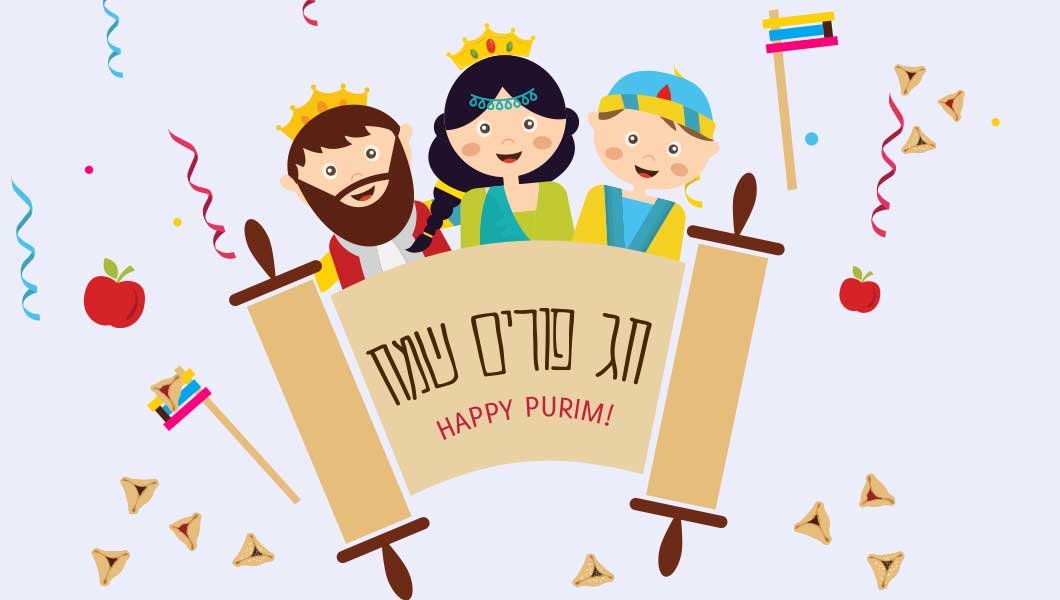
This is the reason we say וגם חרבונה זכור לטוב. Generally, we do not praise evil people. However, the Charvona who we honor with a mention is the חרבונה, with a ה!
אליהו הנביא
Happy Purim to all.